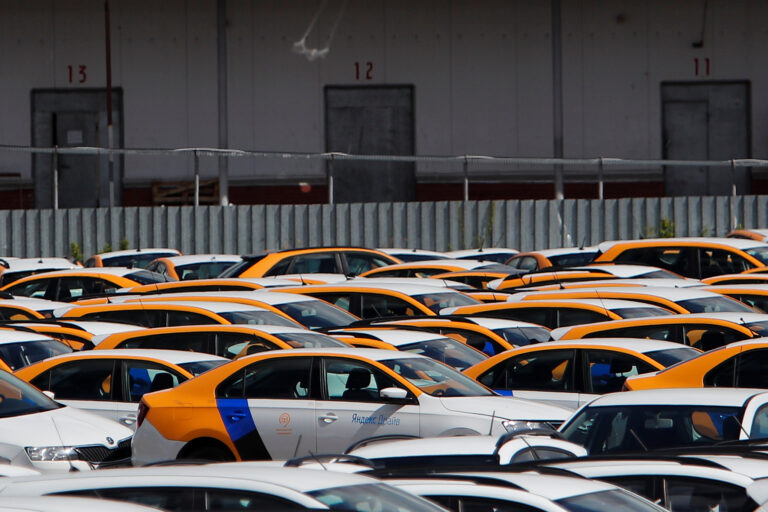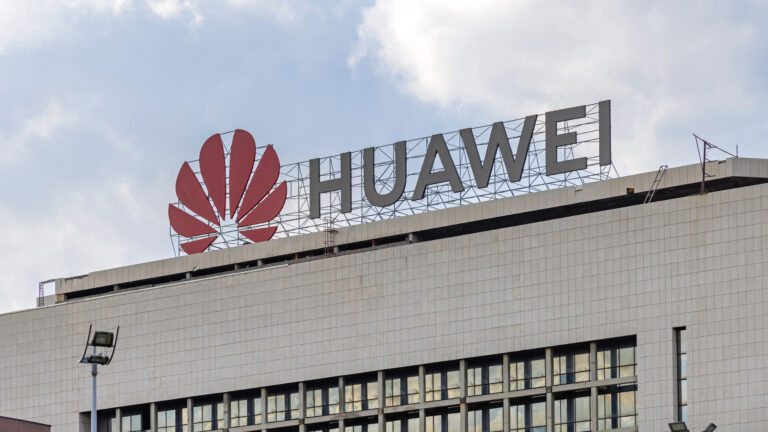Tech industry files emergency application to block controversial Texas social media law
Trade industry groups representing tech giants, such as Google and Facebook, have filed an emergency application with the Supreme Court to block HB 20. That’s the controversial law Texan law that bars social media websites from removing or restricting content based on “the viewpoint of the user or another person.” It also allows users to sue large platforms with more than than 50 million active monthly users if they believe they were banned for their political views. As The Washington Post reports, it reflects Republicans’ claims that they’re being being censored by “Big Tech.”
A federal judge blocked HB 20 from being implemented last year, but the 5th US Circuit Court of Appeals overturned that decision recently. The panel of judges agreed with the state of Texas that social networks are “modern-day public squares,” which means they’re banned from censoring certain viewpoints. One of the judges also said that social networks aren’t websites but “internet providers” instead. The panel allowed the law to take effect while its merits are still being litigated in lower court.
NetChoice and the Computer and Communications Industry Association (CCIA), the groups representing the tech industry, have maintained that the law is an attack on the First Amendment and have previously questioned its constitutionality. In their emergency application, they said HB 20 is an “unprecedented assault on the editorial discretion of private websites… that would fundamentally transform their business models and services.”
They explained that under the law, platforms would have no choice but to allow the dissemination of “all sorts of objectionable viewpoints,” such as Russian propaganda justifying the invasion of Ukraine, posts supporting neo-Nazis, KKKs and Holocaust deniers, as well as posts encouraging dangerous behavior, such as disordered eating. “The Fifth Circuit has yet to offer any explanation why the District Court’s thorough opinion was wrong,” they wrote in their application (PDF).
NetChoice and CCIA also argue that by allowing the law to be enforced, it could influence and interfere with the decision of the 11th Circuit Court of Appeals. The Atlanta-based appeals court will decide the fate of a similar law in Florida that was initially blocked by a federal judge for violating Section 230 of the Communications Decency Act.
The 5th Circuit panel’s shocking decision to greenlight the unconstitutional Texas HB 20—without explanation—demanded the extraordinary response of seeking emergency Supreme Court intervention.
Read our SCOTUS request here: https://t.co/M5yy8sj70A
— Chris Marchese (@ChrisMarchese9) May 14, 2022
All products recommended by Engadget are selected by our editorial team, independent of our parent company. Some of our stories include affiliate links. If you buy something through one of these links, we may earn an affiliate commission.





